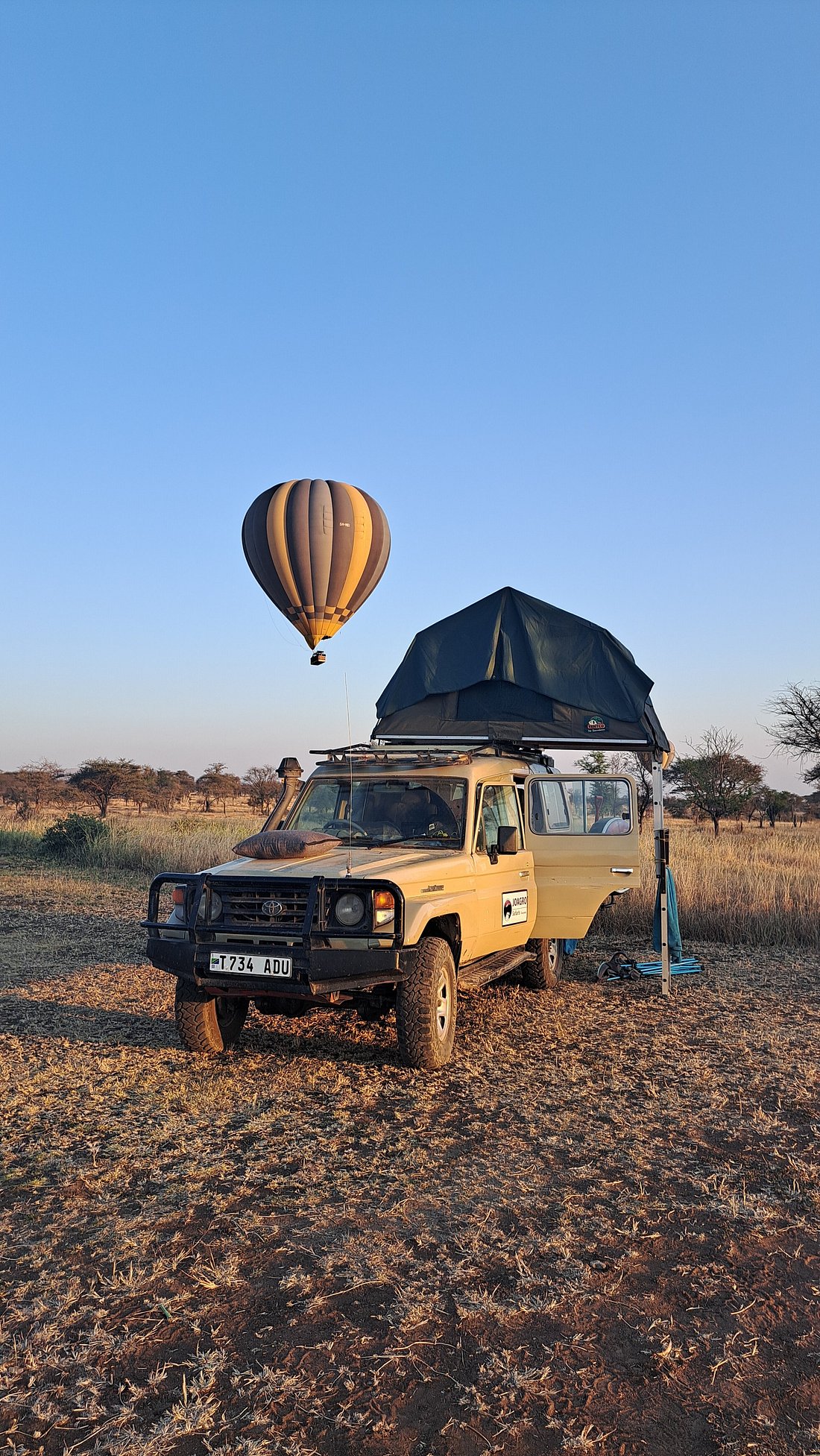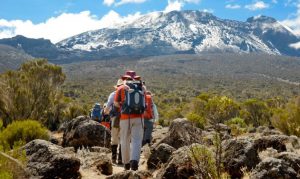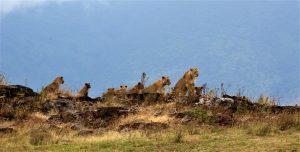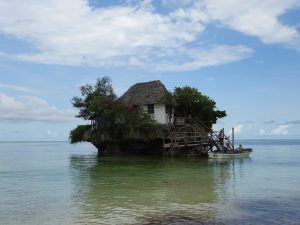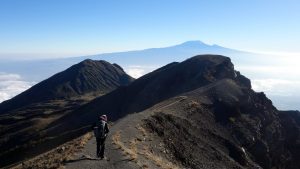Tips for a Successful Self-Drive Safari in Tanzania
A self-drive safari in Tanzania is an incredible way to experience the diverse landscapes, abundant wildlife, and unique culture of this East African country. It offers an unparalleled sense of freedom and the opportunity to explore at your own pace. However, it also requires careful planning and preparation to ensure a safe and enjoyable journey. Here are comprehensive tips to help you make the most of your self-drive safari.
1. Research and Planning
Before setting out, invest time in researching your route, destinations, and the wildlife you wish to see. Tanzania is home to world-famous national parks like Serengeti, Ngorongoro Crater, and Tarangire, each offering unique experiences. Consider the following:
- Understand Park Rules and Regulations: Familiarize yourself with entry requirements, fees, and rules for each park you plan to visit.
- Choose the Right Time to Visit: Wildlife viewing is typically best during the dry season (June to October), but certain areas, such as Ndutu, are exceptional during the calving season (December to March).
- Plan Your Route: Decide on the areas you want to cover and allocate adequate time for each.
- Secure Permits: If you’re planning to visit multiple parks, ensure you have all necessary permits beforehand.
2. Vehicle Selection and Preparation
Choosing the right vehicle is essential for a successful safari. Most roads in Tanzania’s parks are unpaved and can be challenging, especially during the rainy season.
- Select a 4×4 Vehicle: A sturdy 4×4 vehicle is crucial for navigating rugged terrains and muddy paths.
- Ensure Proper Equipment: Your vehicle should have a working GPS, spare tires, a jack, and a toolkit.
- Rent from Reputable Companies: Opt for reliable car rental services with positive reviews and ensure they provide insurance.
- Check Fuel and Fluids: Always start with a full tank and carry extra fuel, especially in remote areas where gas stations are scarce.
- Install Roof Racks: If possible, use roof racks for better luggage management and a more spacious cabin.
3. Navigation and Mapping
Navigating through Tanzania’s vast landscapes can be challenging. Proper navigation tools are essential.
- Carry a Reliable GPS Device: Ensure your GPS is updated with maps for Tanzania.
- Use Offline Maps: Download offline maps on your smartphone as a backup.
- Carry Physical Maps: A paper map can be invaluable if electronic devices fail.
- Plan Rest Stops: Identify safe spots for breaks and overnight stays ahead of time.
4. Safety on the Road
Driving in Tanzania requires awareness and caution.
- Adhere to Speed Limits: Stick to park speed limits (usually 50 km/h or lower).
- Watch for Wildlife: Animals may suddenly cross roads, especially during early mornings or late afternoons.
- Avoid Driving at Night: Roads can be hazardous in the dark due to poor lighting and wandering animals.
- Stay Alert for Other Drivers: Be mindful of other safari vehicles and local traffic.
- Communicate Your Itinerary: Share your plans with someone and maintain contact whenever possible.
5. Wildlife Etiquette
Respecting the wildlife is paramount during a safari.
- Keep a Safe Distance: Stay at least 20 meters away from animals.
- Remain Inside the Vehicle: Exiting your car in the park is prohibited unless in designated areas.
- Avoid Feeding Animals: Feeding wildlife disrupts their natural behavior and is strictly prohibited.
- Respect Animal Space: Avoid crowding or cornering animals.
- Use Binoculars: For closer views without disturbing the animals, bring a good pair of binoculars.
6. Packing Essentials
Packing wisely can make your safari more comfortable and enjoyable. Consider the following:
- Clothing: Opt for neutral-colored, lightweight, and breathable clothing. Include a warm jacket for early mornings and evenings.
- Footwear: Comfortable, durable shoes are a must.
- Sun Protection: Pack a wide-brimmed hat, sunglasses, and sunscreen.
- Bug Repellent: Protect yourself from mosquitoes and other insects.
- First Aid Kit: Include basic medical supplies and any prescription medications.
- Camera Gear: Bring a quality camera with a zoom lens to capture wildlife.
- Snacks and Water: Stock up on non-perishable snacks and plenty of drinking water.
7. Accommodation Options
Tanzania offers a range of accommodation choices to suit various budgets and preferences.
- Campsites: Many parks have designated campsites. Bring your camping gear if you plan to stay overnight.
- Lodges: Enjoy a more luxurious experience with amenities like hot showers and gourmet meals.
- Self-Catering Options: Some accommodations allow you to prepare your meals, which can be cost-effective.
- Advance Booking: During peak seasons, book your accommodations well in advance.
8. Health and Safety Precautions
Tanzania is a tropical country, so it’s essential to take health precautions.
- Vaccinations: Check recommended vaccinations, including yellow fever, hepatitis, and typhoid.
- Malaria Prevention: Use anti-malarial medication and sleep under insecticide-treated mosquito nets.
- Stay Hydrated: Drink plenty of water to avoid dehydration.
- Emergency Contacts: Keep emergency contact numbers handy, including local authorities and your car rental service.
9. Respect Local Communities
Engage positively with local communities and respect their customs and traditions.
- Learn Basic Swahili: A few phrases can help foster goodwill and enhance your experience.
- Support Local Businesses: Buy souvenirs and supplies from local vendors.
- Ask for Permission: Always seek consent before photographing people.
- Dress Modestly: In villages and towns, wear clothing that covers your shoulders and knees.
10. Be Prepared for the Unexpected
Flexibility and adaptability are crucial for a self-drive safari.
- Allow Extra Time: Roads can be unpredictable, so factor in potential delays.
- Carry Cash: Many remote areas do not accept credit cards.
- Have Backup Plans: Be ready to adjust your itinerary if needed.
- Keep Contact Numbers Handy: Maintain a list of emergency and support contacts.
11. Responsible Tourism
Ensure your safari leaves a positive impact on the environment and local communities.
- Avoid Littering: Carry all trash out of the parks.
- Follow Park Rules: Adhering to guidelines helps protect the wildlife and ecosystem.
- Conserve Water and Energy: Use resources responsibly, especially in remote areas.
- Support Conservation Efforts: Contribute to local initiatives that promote wildlife preservation.
12. Enjoy the Experience
Finally, take the time to savor the journey. Tanzania’s landscapes, from the vast plains of the Serengeti to the dramatic Ngorongoro Crater, are awe-inspiring. Observing animals in their natural habitat, soaking in the views, and connecting with nature are experiences to cherish.
By following these tips, your self-drive safari in Tanzania can be an unforgettable adventure filled with remarkable encounters and lasting memories. Proper preparation, respect for wildlife, and a spirit of exploration will ensure a fulfilling and enjoyable trip.

